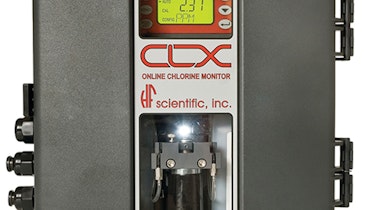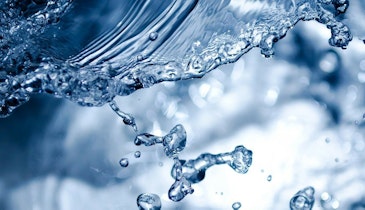Right now, out on the oceans, multimillion-dollar floating rigs are pulling crude oil up from beneath the seafloor, from depths of hundreds or thousands of feet.
Someone paid to explore for that oil. Someone paid to design and build the rigs, which incorporate vast amounts of...





